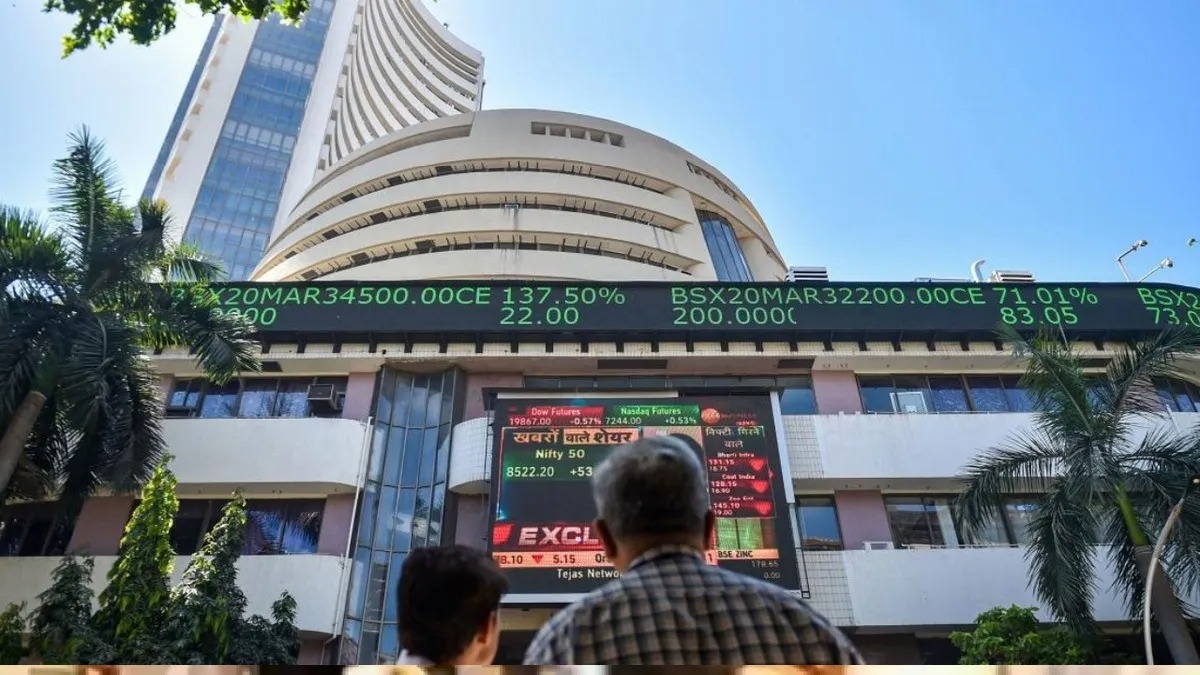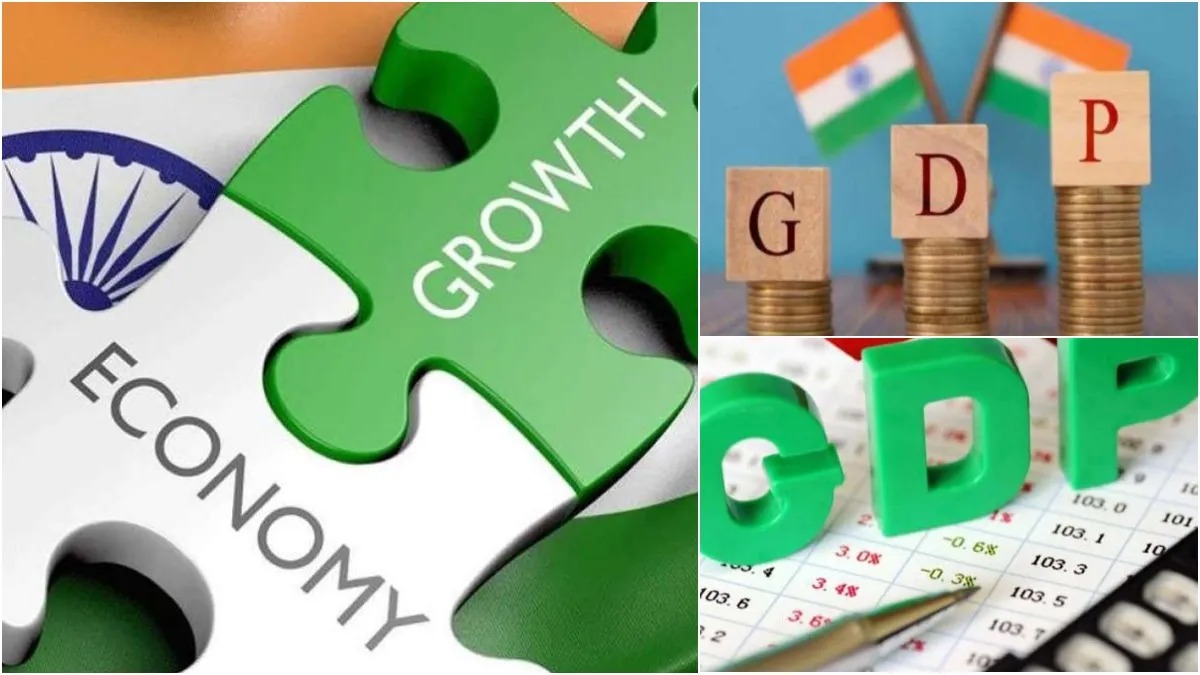
When the terms trading account and demat account are used interchangeably, it creates confusion for many people. While trading account and demat account are closely related to each other, there is a lot of difference in their role as well. The most important thing between these two is that you buy/sell shares in the secondary market through the trading account and its effect i.e. debit or credit of securities is reflected in the demat account. Let us finally know how these two are different from each other.
Trading account is a flow while Demat account is a stock
Transactions happen in the trading account but the securities appear as debit or credit in the demat account. The trading account is a record of the transactions of buying and selling of shares and it is the trading account where you execute your trades on the stock exchange. The demat account cannot execute transactions in the open market. This is why, even though you do not need a trading account to apply for an IPO, you still need a trading account to sell the shares allotted to you in an IPO.
The main difference between the two is ownership.
A demat account comes in handy when it involves ownership of assets. The main difference between a trading account and a demat account is ownership. Only assets or securities that you own can come into a demat account. This is why intraday trades and F&O trades happen in a trading account but do not appear in a demat account. Intraday trades or futures and options transactions do not create ownership. They only create transactions that allow you to participate in the price rise or fall. Then there are others like bonds, RBI bonds and mutual funds, where you can buy and sell from a demat account without using a trading account.
Demat account is required for IPO, not trading account
You can apply for IPOs with a demat account without a trading account. You need a demat account when you apply for an IPO because the shares will be allotted only through demat credit as physical share allotment is no longer allowed. According to SBI Securities, however, you do not need a trading account to invest in an IPO, but that is only a part of it. After getting an allotment in an IPO, if the share is listed at a premium of 70% and you want to sell the shares, you need a trading account.
You can get an allotment in an IPO and hold them in your demat account. However, to sell these shares, you still need a trading account. This is why a trading account cum demat account makes a lot of sense for investors. Direct selling from a demat account is not allowed, so the day you choose to sell IPO shares, you need a trading account.
Is a demat account necessary for F&O intraday trading?
There are occasions when you do not need a trading account. If you only want to hold RBI bonds in your demat account, then a trading account is not required. In this case, just having a demat account is enough. Similarly, if you have received shares as a gift or inherited and you do not want to sell them, then a demat account is enough, a trading account is not required.
--Advertisement--

 Desk
Desk Share
Share






